Why does an NBA team experience internal conflicts that almost escalate into a full-blown brawl? Recently, the Minnesota Timberwolves have found themselves at the center of public attention due to such an incident. Reports indicate that during a team practice, there was almost a physical altercation between Julius Randle and Rudy Gobert, with the situation becoming so chaotic that it required intervention. Anthony Edwards attempted to mediate the conflict but ended up being inadvertently pushed over, adding a dramatic twist to the event. This incident has left many fans wondering how the Timberwolves, once a cohesive unit, have transformed into a team that seems on the verge of disintegration.

We all know that for a team to achieve success in basketball, it requires not only basic skills but also strong internal unity. However, the Timberwolves are currently live-streaming what appears to be a dysfunctional family gathering mid-season, with all their issues laid bare.
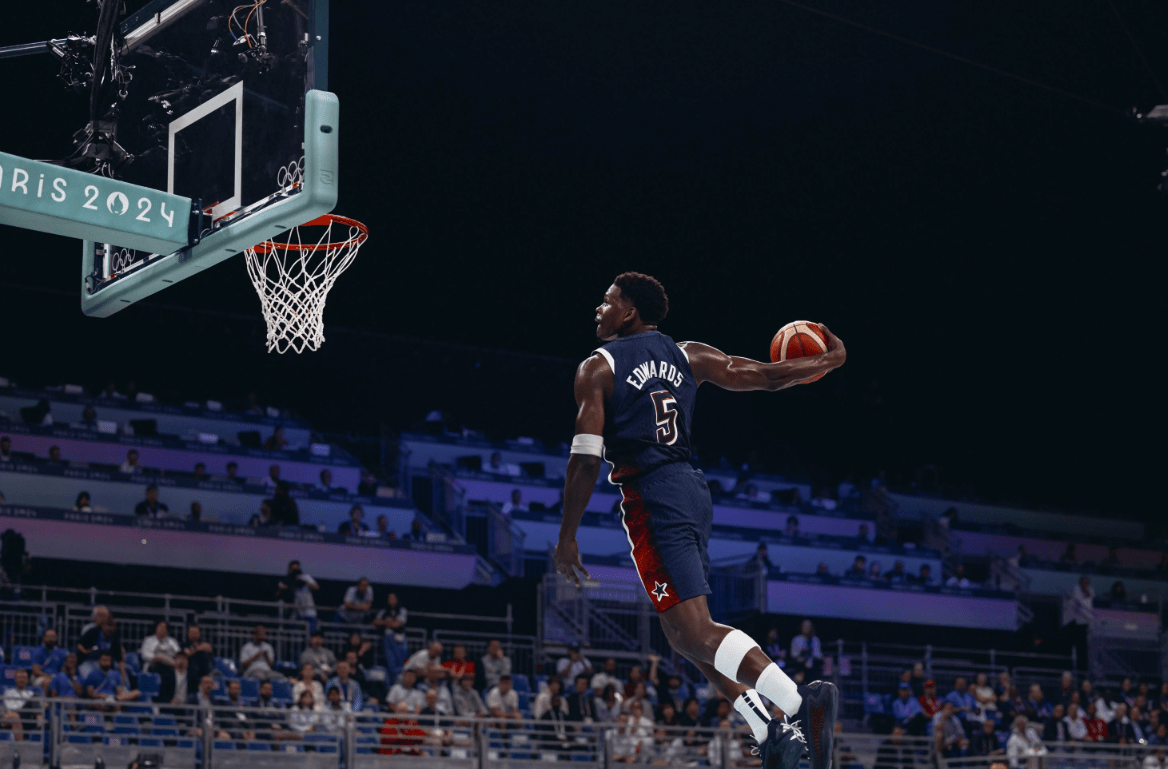
From on-court disagreements to locker room arguments, from defensive attitudes to personal character traits, this incident reveals deeper problems within the team. Is Randle's focus on stats really problematic? How significant is Gobert's decline in defense? Can Edwards truly shoulder the responsibility of being the team's core player? And how should the management distribute the blame? These questions, like a series of interconnected punches, have struck the Timberwolves hard.
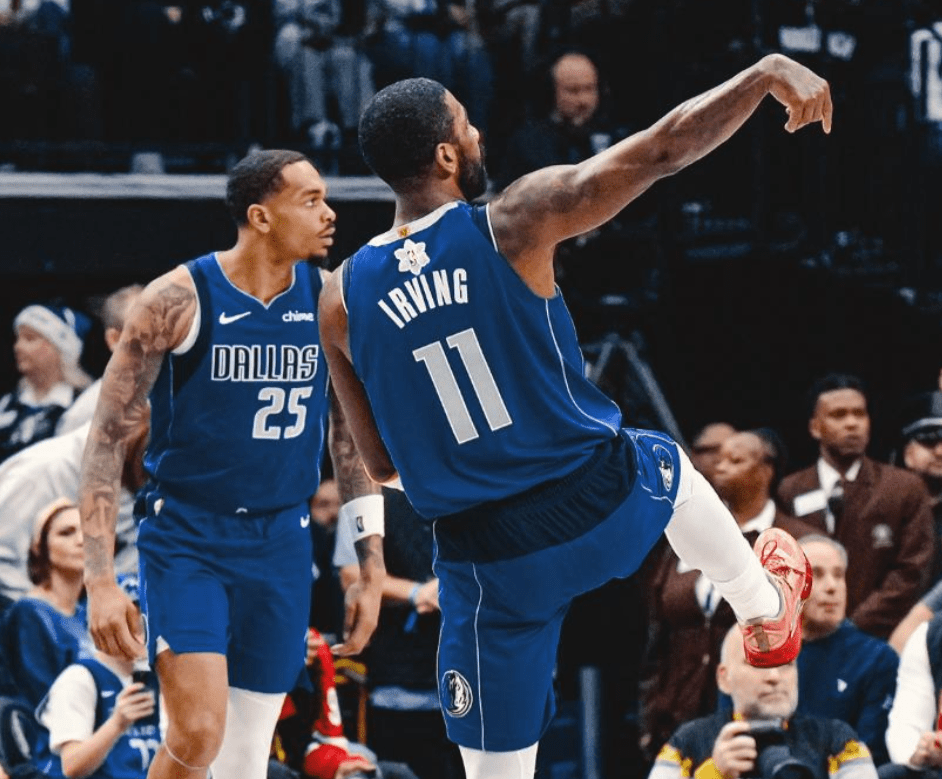
The catalyst for this conflict was Edwards' "naming and shaming." The young core player recently pointed out in an interview that there were issues with the team's defensive attitude, subtly suggesting that more than one teammate was holding the team back. Although he did not name anyone directly, his comments were clearly aimed at Randle, one of the frontline combinations. His veiled criticism quickly ignited the underlying dissatisfaction within the Timberwolves.
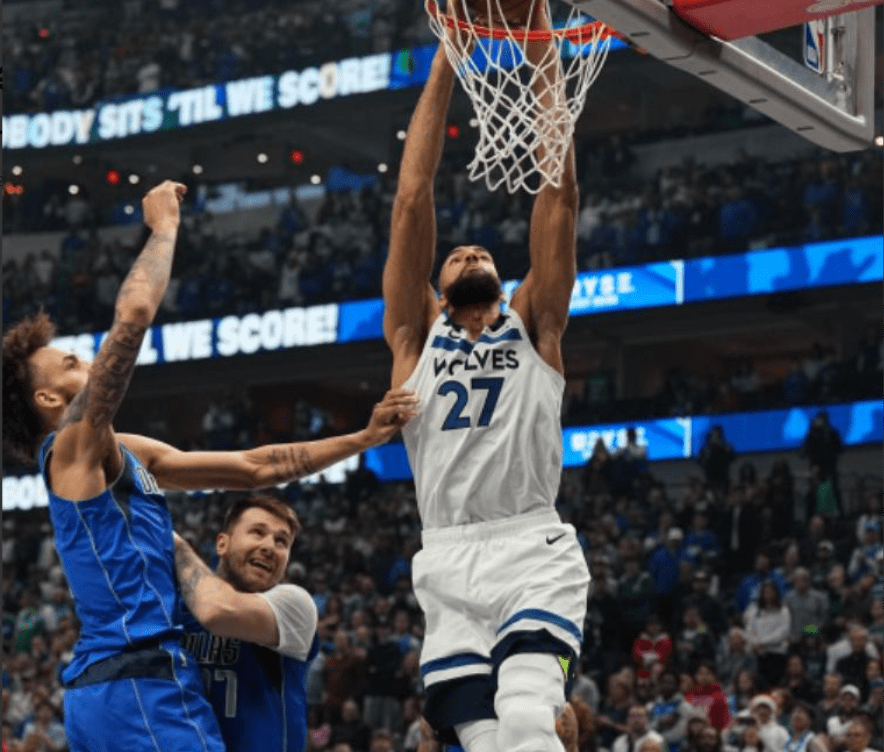
A few days later, during practice, the tension escalated when Randle and Gobert argued over coordination issues. They exchanged heated words, with each accusing the other of shortcomings in their game. The argument grew louder and more intense.
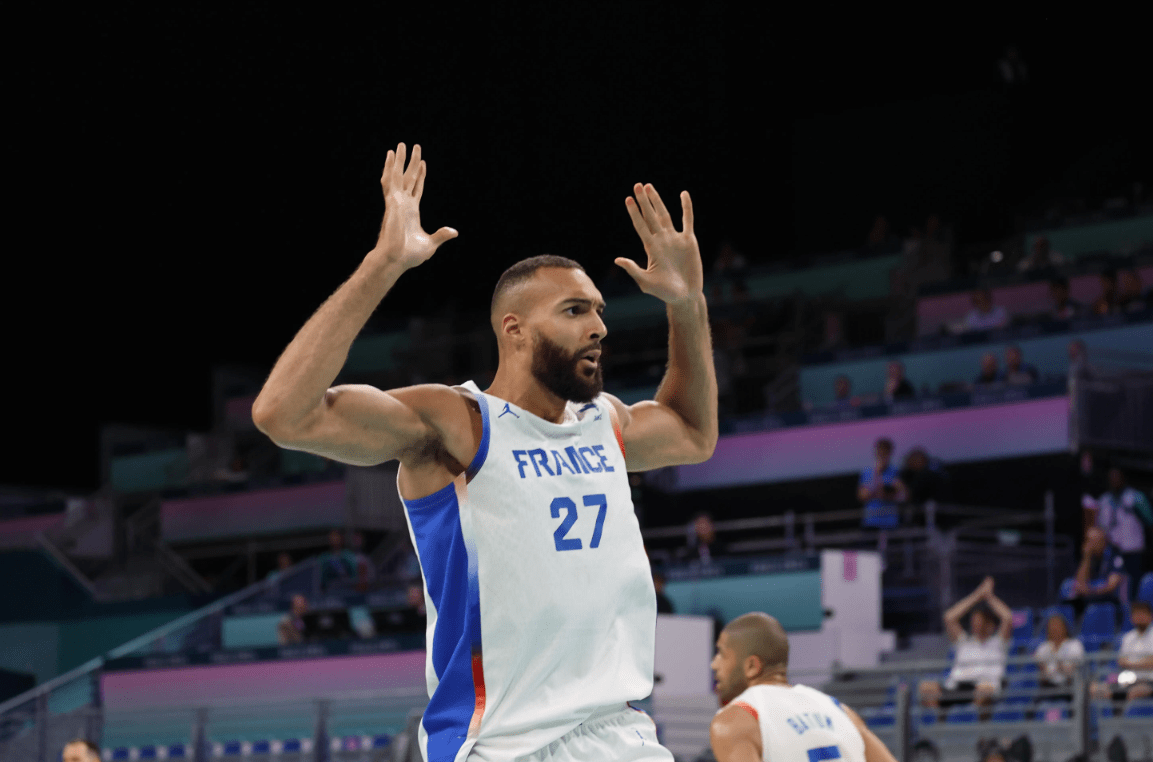
Their teammates were initially stunned and rushed to intervene, but Edwards, feeling it was his duty as the team's core player to mediate, stepped forward. However, he was accidentally pushed over by an agitated Randle after attempting to calm the situation. The awkwardness of the moment led to the practice being halted, and the conflict ended in an embarrassing manner.
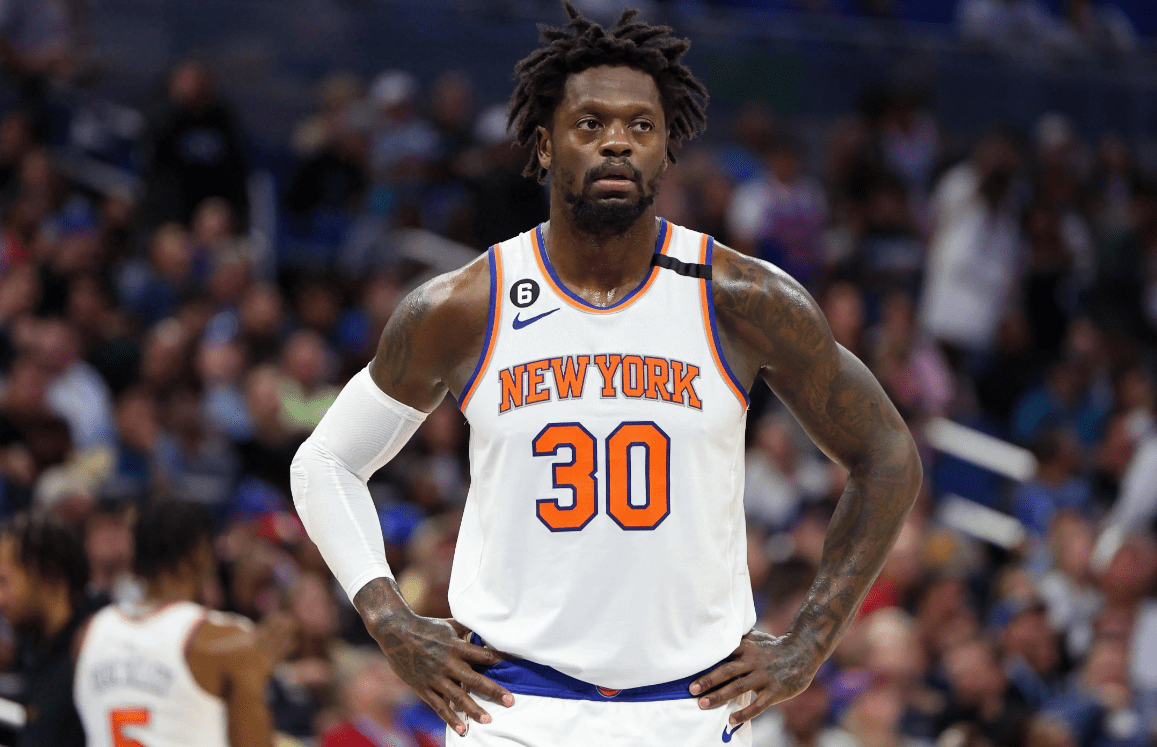
Many people might be surprised, thinking, "In the 21st century, players still resort to physical altercations over verbal disputes?" However, this is merely the surface issue; deeper contradictions lie beneath the infighting: the team's culture is flawed, and there is almost zero chemistry among the players.
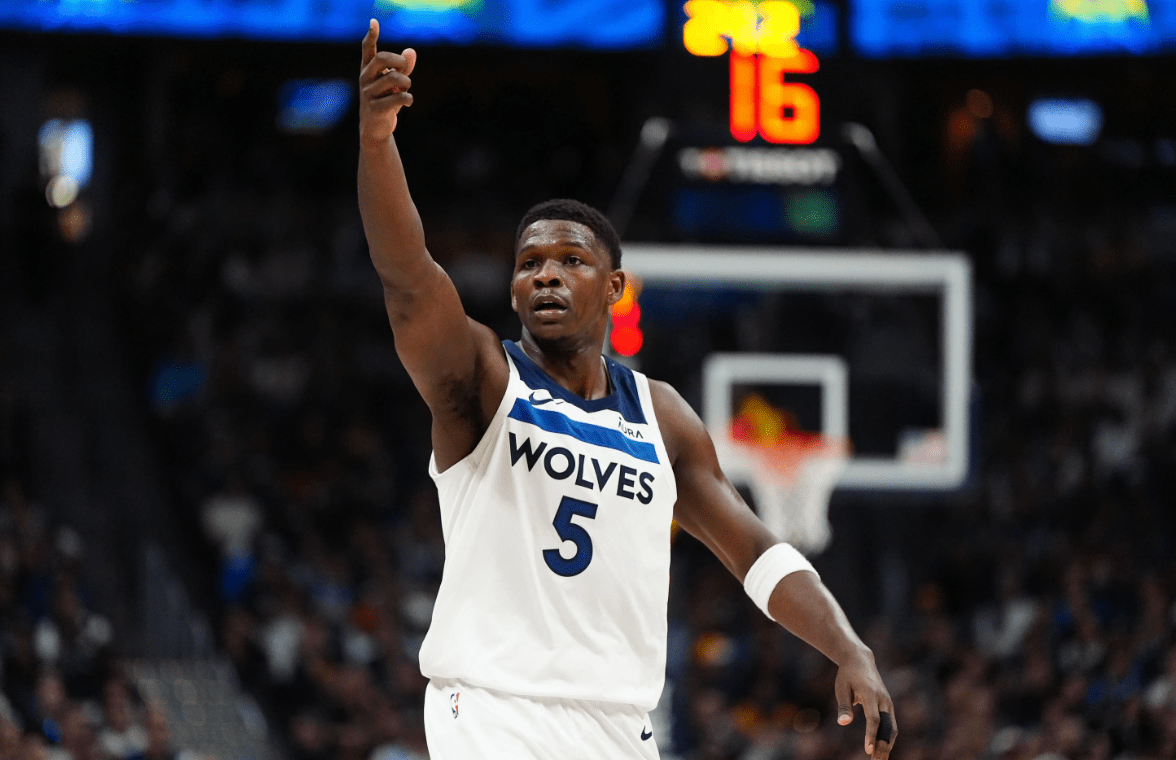
In fact, Gobert and Randle have never gotten along. One is a defensive powerhouse, and the other is an offensive force, yet instead of complementing each other's styles, they seem to clash. Their personal differences reflect broader issues with the Timberwolves' roster configuration.
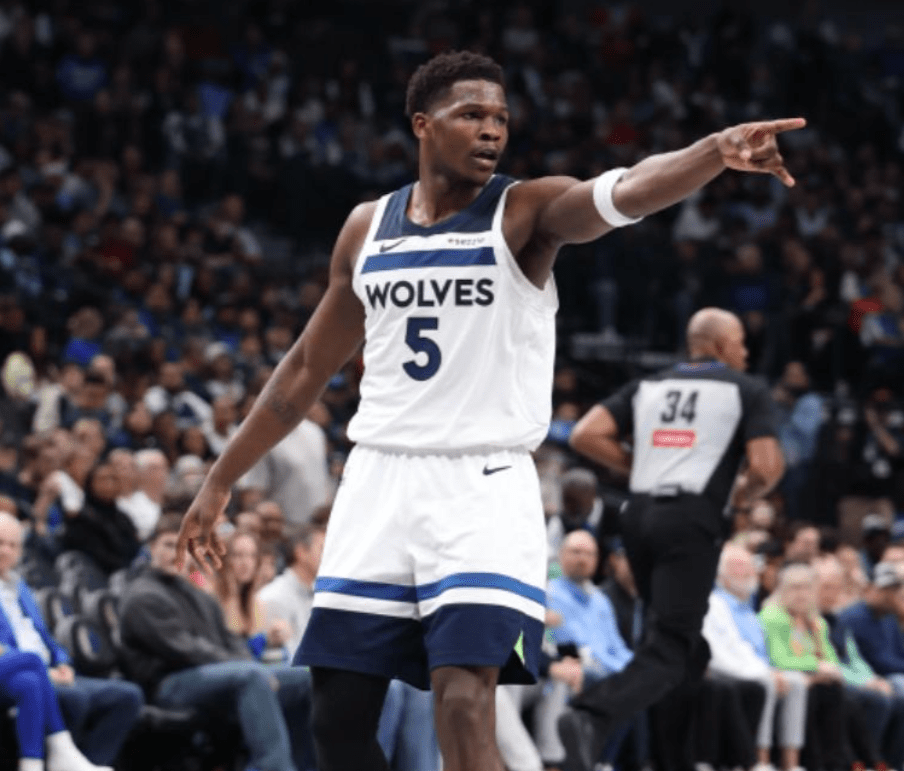
Gobert, known for his three Defensive Player of the Year awards, was once a nightmare for opposing teams. However, since joining the Timberwolves, his performance has dipped, making him appear clumsy against quick opponents. Fans have lost trust in him, and some teammates have blamed him for defensive lapses. This immense psychological pressure causes Gobert's temper to flare easily, as seen in his recent argument with Randle, which exposed his underlying frustrations.
Randle, on the other hand, is no pushover. While his offensive prowess has bolstered the Timberwolves, his personality flaws from his time in New York continue to cause headaches for the team. He was mocked by fans for being too focused on stats and lacking sportsmanship. In Minnesota, despite impressive stats, his individualistic playing style and lackadaisical defense have become liabilities. During the recent dispute, Randle was criticized for his imbalance between offense and defense, igniting his explosive temper.
Edwards, considered the future core of the Timberwolves, lacks the authority to effectively mediate conflicts between his older teammates. His attempts to resolve issues have placed him in an awkward position, with experienced fans questioning whether he can lead the team, suggesting he first needs to resolve the conflicts among his peers.
Ultimately, while player personalities may be a contributing factor to the Timberwolves' infighting, they should not be the sole scapegoat. The deeper issue lies with the management's mistakes in team building.
Firstly, the Timberwolves' tactical system has obvious flaws. The two frontline cores, Gobert and Randle, have incompatible playing styles that hinder each other offensively and defensively. Yet, the team has not adjusted its tactical system to address these issues, allowing problems to accumulate. It's akin to "buying a rare chef's knife without knowing how to use it." The management hoped they would naturally mesh, but reality shows that they can't even agree during arguments, let alone cooperate on the court.
Furthermore, the management's handling of internal conflicts has been indecisive. When the conflicts were still in their infancy, they failed to intervene promptly, allowing emotions to fester until a minor disagreement escalated into a complete rift. This inaction has pushed the team further into turmoil. Experts suggest that psychological counseling and hiring a more suitable coach to adjust tactics could have been effective early solutions. However, the management chose to ignore the issues, which is frustrating.
For the Timberwolves, this conflict may just be the beginning. If the issues are not resolved soon, it will be challenging to restore unity and could even affect their season's performance. Worse still, if internal problems persist unresolved, it's not inconceivable that either Randle or Gobert might request a trade in the future. Remember, the NBA has repeatedly shown that no team lacking teamwork can go far.
The Timberwolves now need to choose a clear path forward; someone must compromise, and someone must change. Basketball is never about individual glory; to win, they must first extinguish the fire of internal and external troubles.